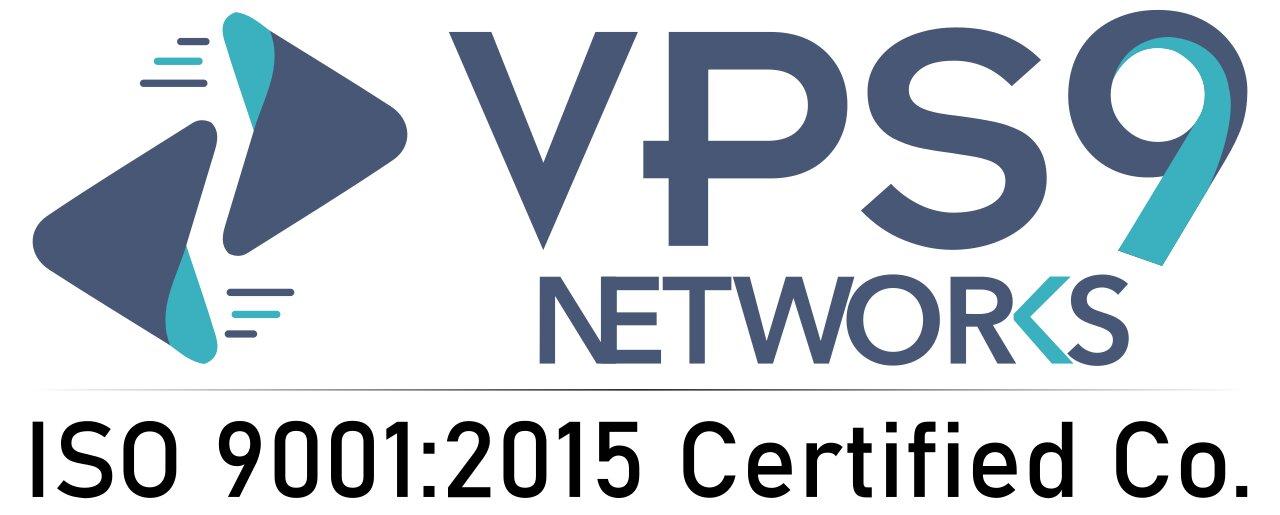PPTP vs. L2TP vs. OpenVPN: Which VPN Protocol is Best?
VPN providers offer a variety of VPN protocols to help users stay secure online. Three of the most widely used protocols include PPTP, L2TP/IPsec, and OpenVPN. Each protocol has unique advantages and caters to different needs.
Users should ask themselves the following:
- How much security do I need?
- How important is speed?
- What VPN protocols are supported by my device?
- Does my network restrict any VPN protocols?
- Does my VPN provider offer easy protocol switching?
With answers to the above questions, users can use the information below to determine which protocol best meets their needs.
Encryption
- PPTP – 128 bit encryption
- L2TP/IPsec – 256 bit encryption
- OpenVPN – 160 bit encryption or 256 bit encryption
Supported Operating Systems
- PPTP – Supports Windows, iOS, Mac OSX, Android, DD-WRT, and Linux
- L2TP/IPsec – Supports Windows, iOS, Mac OSX, Android, and Linux
- OpenVPN – Supports Windows, Mac OSX, and Linux
Device Compatibility
- PPTP – Desktops, mobile devices, and tablets. PPTP is already built into most operating systems
- L2TP/IPsec – Desktops, mobile devices, and tablets. L2TP/IPsec is already built into most operating systems
- OpenVPN -Desktops. OpenVPN usually does not support mobile devices.
Setup Difficulty
- PPTP – Easy, PPTP is already built into most desktops, mobile devices, and tablets
- L2TP/IPsec – Moderate, requires custom configuration
- OpenVPN -Easy, requires easy-to-use software
Speed
- PPTP – Very fast, lower encryption allows for fast speeds
- L2TP/IPsec – Moderate, L2TP encapsulates data twice requiring extra CPU processing
- OpenVPN – Fastest, maintains speed across long distances and high latency networks
Security
- PPTP – Low, Only basic encryption
- L2TP/IPsec – High, L2TP encapsulates data twice and checks data integrity
- OpenVPN – High, OpenVPN uses digital certificates to authenticate data
Stability
- PPTP – Very Stable, works on most Wi-Fi hotspots
- L2TP/IPsec – Stable on devices that support NAT
- OpenVPN – Most stable, OpenVPN is reliable even behind wireless routers, Wi-Fi hotspots, and unreliable networks
Overall, PPTP offers a simple and fast solution but lacks security. L2TP/IPsec offers security if the device does not support OpenVPN. Finally, OpenVPN provides the best combination of security, speed, and reliability. It is important that users choose VPN providers that allow free protocol switching. This allows users to secure all device types in any situation.




Leave a Reply